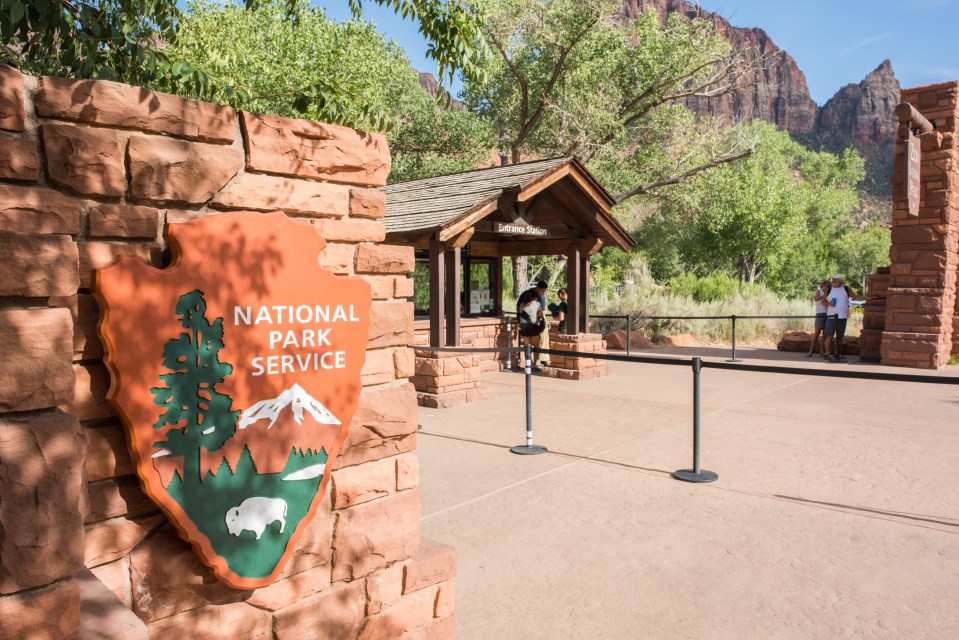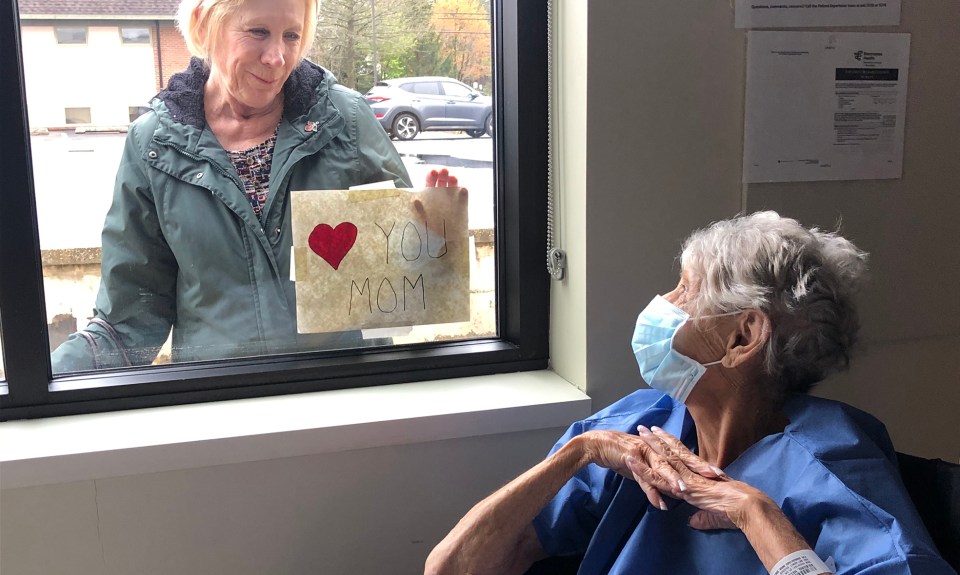America’s most beloved national parks are becoming more accessible for those with disabilities. With the National Park Service’s formation of its Accessibility Task Force in 2012, many national parks now offer welcoming environments for all, giving access to once-in-a-lifetime experiences and programs.
Acadia National Park, Maine
Spanning across rocky Atlantic beaches and granite mountains, Acadia National Park consistently ranks as one of the top 10 most traveled national parks in the country. A free daily shuttle connects to neighboring villages, all of which are wheelchair friendly. And some of the park’s best paths invite wheelchair users to pass through its white birch forest on the boardwalk or to the Park Loop Road ramp to take in the view. Prefer to sit back and relax? Hop aboard a Wildwood Stables wheelchair-accessible horse-drawn carriage for an even closer look at Acadia wildlife.
Grand Canyon National Park, Arizona
Solid, steep mountains play host to magnificent views at every angle within the terracotta scenery of Grand Canyon National Park. When you arrive, check out a wheelchair at the visitor center and ask for a free accessibility guide to make navigating easy. Located on the South Rim, you’ll find wheelchair-accessible, barrier-free overlooks providing spectacular panoramas the park is known for. With advanced notice, a nostalgic ride on a Grand Canyon mule is available to those with disabilities, as are airplane and helicopter tours and multi-day river trips.
Glacier National Park, Montana
With untamed wildlife abounding wherever you roam, Glacier National Park is a trip to start packing for now, especially when you’re looking for accessibility. Catch a shuttle to hot spots along scenic Going-to-the-Sun Road to visit Glacier Overlook, Sun Point, Rising Sun and McDonald Falls. You’ll find smoothly paved routes in all of these sites to make travel on the ground a breeze. Short, stable soil paths are also accessible by wheelchair for Running Eagle Falls and Swiftcurrent Nature Trails. After all the fun, settle down for the night at one of Glacier’s many accessible campgrounds or lodges.
Rocky Mountain National Park, Colorado
With wheelchairs welcomed on every trail, Rocky Mountain National Park is a must-have for the planning calendar. Start prepping for your adventure by visiting Rocky Mountain’s information-packed website. Be sure to look for the section designed for disabled travelers. You’ll learn which trails are best for your abilities and find important information on wheelchair use, service animals, camping, accessible parking and shuttle services, and more. Before you ever hit the trail, you’ll be prepared and ready to park like a pro.
Yosemite National Park, California
Best known for its breathtaking waterfalls, Yosemite National Park is also home to playful meadows, deep forests and ancient giant sequoias. No doubt that Yosemite sets the bar high when it comes to a park with it all. That goes for accessibility, too. It starts the moment you arrive when you request a temporary accessible parking placard at the park entrance. Yosemite’s national historic landmarks, such as Ahwahenee and Yosemite Valley Lodge, offer fully accessible accommodations, complete with widened doors and low-density carpet. Manual and electric scooters are available to rent in the summer at Yosemite Lodge and Curry Village. For evening programs, Yosemite’s outdoor amphitheater is accessible for ideal seating. Be sure to phone ahead to reserve your spot.
Free Lifetime Access Pass for Visitors With Disabilities
National parks provide free lifetime passes to U.S. citizens or permanent residents with disabilities through its Access Pass. The Access Pass provides to more than 2,000 federal recreation sites. Your ticket covers entrance fees, standard amenity fees and fees for a driver and all passengers at per-vehicle fee areas. Your pass may also include discounts on expanded amenity fees such as camping and swimming.
The content of this site is for informational purposes only and should not be taken as professional medical advice. Always seek the advice of your physician or other qualified healthcare provider with any questions you may have regarding any medical conditions or treatments.



